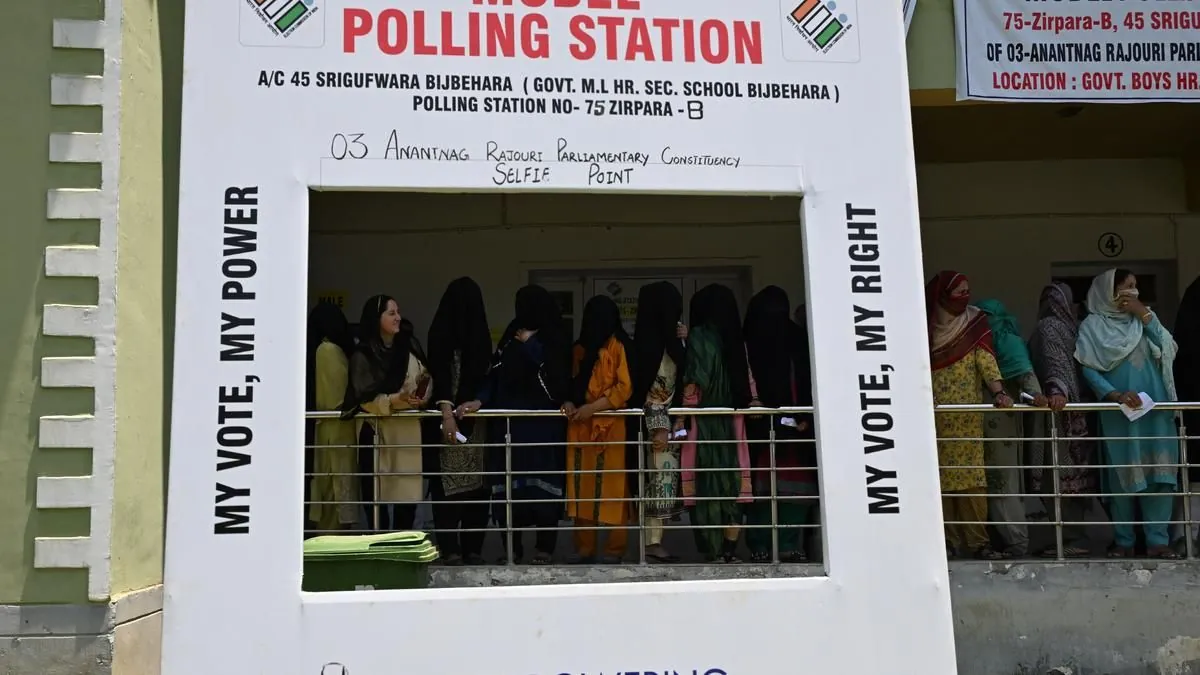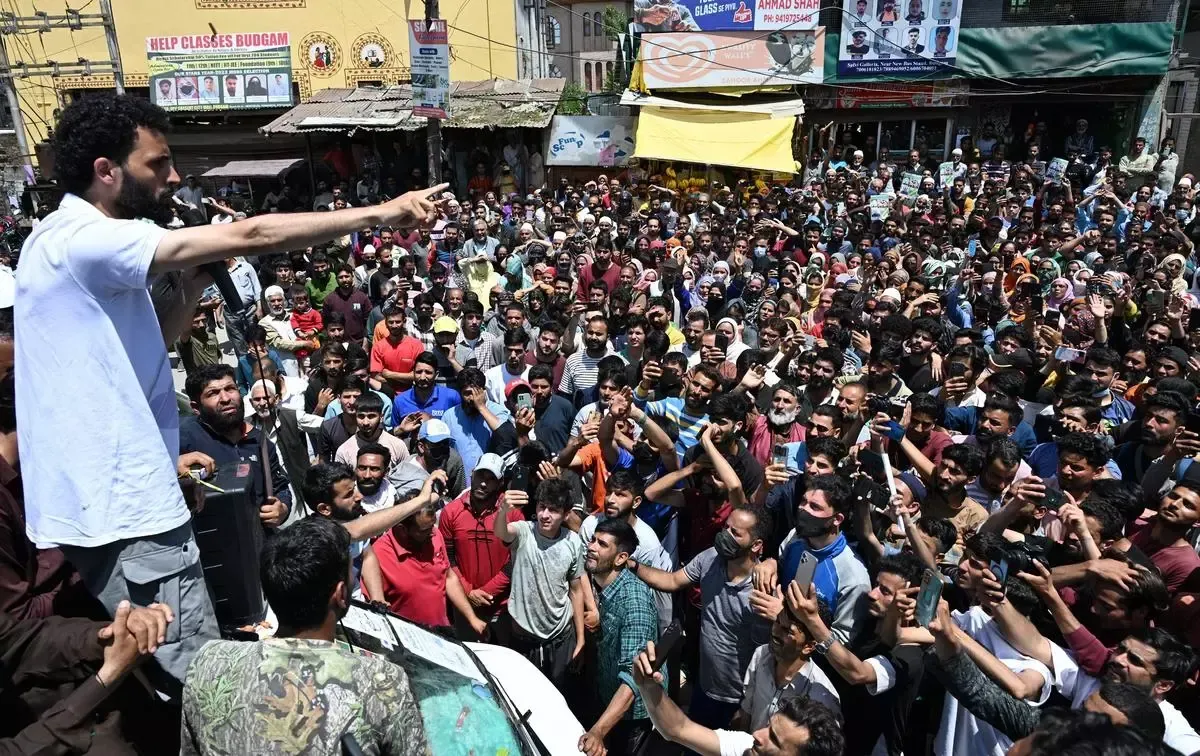Kashmir's Crucial Vote: Echoes of Autonomy in a Changed Political Landscape
Jammu and Kashmir holds its first regional elections in a decade, testing voter sentiment after the 2019 revocation of special status. The polls reflect a complex political landscape with limited local powers.

In a significant political event, Jammu and Kashmir is conducting its first regional elections in nearly a decade. This electoral process, unfolding in three phases from September 18 to October 1, 2024, with results expected on October 8, marks a crucial juncture in the region's history. The elections come in the wake of the Indian government's decision in August 2019 to revoke Article 370, which had granted special autonomous status to the region since 1954.
The revocation of Article 370 led to the reorganization of the former state into two union territories: Jammu and Kashmir, and Ladakh. This move significantly altered the political landscape, placing the region under more direct control from New Delhi. The current elections are taking place in this new context, with the local government set to have limited powers compared to its pre-2019 status.
The political arena in Kashmir has undergone substantial changes since 2019. Several separatist groups, previously banned or marginalized, are now participating in the electoral process. This shift includes organizations like Jamaat-e-Islami Kashmir, which remains officially banned under anti-terrorism laws but is seeking to re-enter the political sphere.
Key political figures in the election include Sheikh Abdul Rashid, known as Engineer Rashid, representing the Awami Ittehad Party (AIP). Rashid, who recently won a parliamentary seat, has positioned himself as a voice for Kashmiri autonomy. Other prominent players include Omar Abdullah of the National Conference, Mehbooba Mufti of the People's Democratic Party (PDP), and the Bharatiya Janata Party (BJP), which aims to make significant inroads in the region.

The election campaigns have largely focused on promises to restore Kashmir's autonomy, release political prisoners, and address local issues such as unemployment and infrastructure development. However, these promises are viewed skeptically by many voters, given the central government's firm stance against reinstating Article 370.
"Kashmiris don't like to throw stones, but that doesn't mean we will surrender before your power."
Voter turnout has varied across the region, with some areas showing low participation rates. In Srinagar, the summer capital known for its beautiful Dal Lake and Mughal Gardens, the turnout in the second phase was just under 30%. This reflects the complex sentiments among the populace, balancing between desire for change and skepticism about the electoral process.
The elections are being observed by a delegation of 15 foreign diplomats, including representatives from the United States. This international presence adds another layer of scrutiny to the process, which is seen as a test of the region's political climate five years after the significant constitutional changes.
The current political situation in Kashmir draws parallels to the 1970s, when promises of autonomy were made amidst central government efforts to consolidate control. Today, as then, many Kashmiris view elections with a mix of hope and skepticism, seeing them as potential tools for both expression and potential dilution of their aspirations.
As the region, known for its breathtaking landscapes and rich cultural heritage, including famous Pashmina shawls and apple orchards, heads to the polls, the underlying tensions remain unresolved. The elections represent not just a choice of local representatives but a referendum on the region's relationship with the central government and its vision for the future.
Regardless of the outcome, the new government will operate within a framework of limited powers, overshadowed by a New Delhi-appointed governor. This election thus serves as a critical indicator of how the people of Jammu and Kashmir view their political future in the context of India's broader national politics.


































